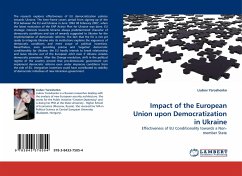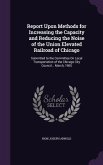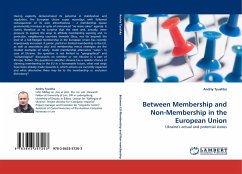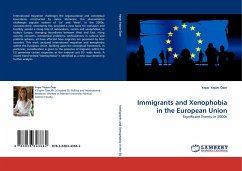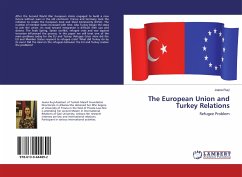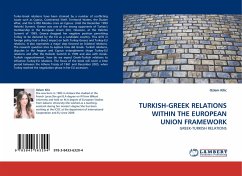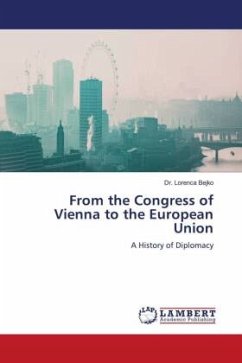The research explores effectiveness of EU democratization policies towards Ukraine. The time-frame covers period from signing-up of the PCA between the EU and Ukraine in June 1994 till February 2007, when the latest evaluation of the ENP Action Plan for Ukraine was done. EU strategic interests towards Ukraine always predetermined character of democratic conditions and size of rewards suggested to Ukraine for the implementation of democratic reforms. The fact that the EU is not yet ready to integrate Ukraine into its institutions explains the vagueness of democratic conditions and mere scope of political incentives. Nevertheless, even providing precise and negative' democratic conditionality for Ukraine, the EU hardly intends to break relationship and leave Ukraine out of the European orbit even if Ukraine violates democratic provisions. After the Orange revolution, shift in the political regime of the country proved that pro-democratic government can implement democratic reforms even under imprecise conditions from the side of EU. Integration incentives could have contributed to stability of democratic initiatives of new Ukrainian government.
Bitte wählen Sie Ihr Anliegen aus.
Rechnungen
Retourenschein anfordern
Bestellstatus
Storno

